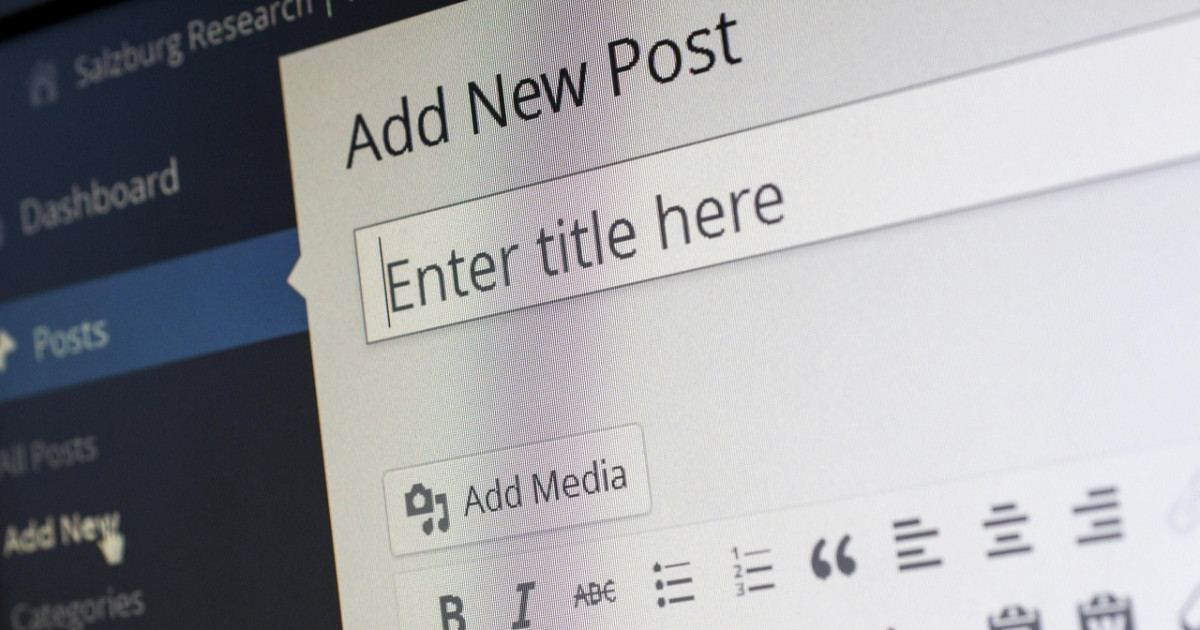The dark side of Pakistani media
JournalismPakistan.com | Published: 30 April 2023 | Watchful Eye
Join our WhatsApp channel
The Pakistani media is grappling with significant challenges, including bias and unethical practices among journalists. This has led to a decline in public trust and a polarized media landscape.Summary
ISLAMABAD—Pakistan has a long-standing tradition of a free press, but unfortunately, the country's media landscape is plagued with unprofessionalism and unethical reporting. With most anchors and presenters taking sides and showing bias towards certain political parties, it's hard to find a neutral channel that provides unbiased and useful information to viewers.
Many Pakistani journalists have been seen tweeting against certain political parties and supporting others, and then appearing on television screens, for their commentary. This practice has caused the public to lose faith in the media and created a sense of distrust.
The role of the media is to provide accurate, fair, and balanced news to the public, allowing them to make informed decisions. However, Pakistani media is failing to fulfill this basic responsibility. Instead, they have become tools of political propaganda, catering to the interests of their benefactors.
In addition to the biased reporting, the unprofessional conduct of some journalists and anchors has further tarnished the reputation of Pakistani media. Sensational headlines and clickbait articles are common practice, with many outlets prioritizing ratings over accurate reporting.
The rise of social media has also exposed the unethical practices of some journalists, with many using their platforms to spread fake news, rumors, and hate speech. It not only undermines the media's credibility but also poses a threat to social harmony and stability.
It's essential that the Pakistani media takes a step back and reassess its role in society. The media should work towards providing accurate and unbiased information to the public, promoting healthy discourse and democracy, and holding those in power accountable.
As for the public, it's crucial to remain critical of the media and not blindly accept everything that's reported. Cross-checking and verifying news from multiple sources can help in forming an informed opinion.
Sensationalism and tabloid-style reporting are prevalent, with many channels focusing more on breaking news and grabbing ratings than providing accurate and balanced information.
Moreover, there is a significant lack of neutral channels providing unbiased and useful information. Media outlets are either owned by businessmen or political figures or have affiliations with political parties, making it difficult to trust the veracity of their reporting. This has resulted in a polarized media landscape in which the public is unable to find a reliable source of information.
The media needs to do better in terms of professionalism, ethics, and impartial reporting. Journalists and anchors need to put their personal biases aside and present the news in an unbiased manner. Media outlets need to prioritize accuracy and balance over sensationalism and ratings. Only then can the media regain public trust and play a constructive role in shaping public opinion.
KEY POINTS:
- Unprofessionalism and bias prevalent in Pakistani media.
- Journalists often publicly support specific political parties.
- Rising sensationalism affects the credibility of reporting.
- Need for accurate, fair journalism to rebuild public trust.
- Cross-checking news from multiple sources is essential.

























